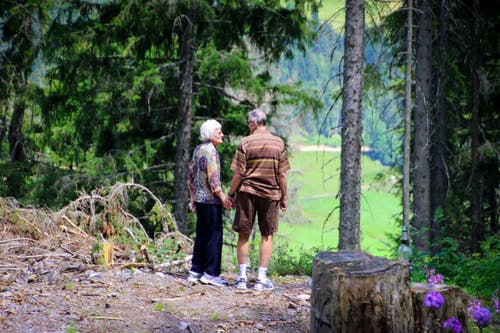ELDER ABUSE
As the population ages, and the number of older people rises, it is expected that elder abuse will increase, with a greater number of older people in need of support or advice. Growing older can result in shrinking social and friendship networks, reduced access to information, reduced capacity to keep up to date with change, and loss of economic options. These factors can make people vulnerable - especially those in the 70-plus age group. Elder abuse may happen within churches and Christian communities when a older person forms a relationship with a younger person who begins by helping and assisting them, but then moves into abusive behaviour. An older person attending a church could reveal a situation to a church leader or friend that leads to concerns for their well-being from an abuse perspective.
Elder abuse takes many forms, ranging from criminal acts (such as physical assault, mistreatment and neglect) through to coercive behaviour and exploitation. Sometimes it occurs on the continuum of long-standing patterns of physical or emotional abuse within a family. It can also be the result of stressful situations, such as changes in living arrangements and personal relationships, which can occur due to increasing frailty. Typically, someone known or trusted by, or in a close relationship with, the older person carries out the elder abuse.
Because it is seen as private, it is understandable that a number of older people have difficulty raising the issue. The abuse and neglect of older people may therefore be under-recognised or remain an unspoken problem. If a situation arises within a church setting where a person has concerns about elder abuse the Safe Church Unit can be contacted. Further helpful information is available at seniorsrights.org.au
More information is available here - “Concerned about an Older Person?”

